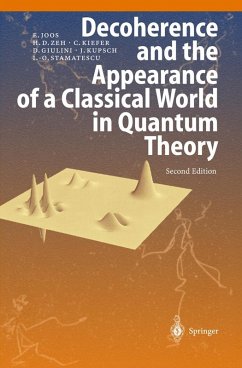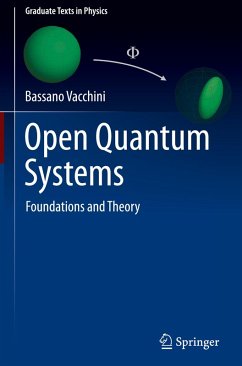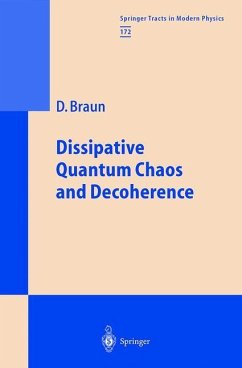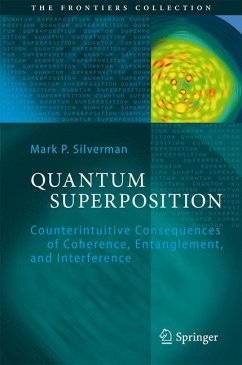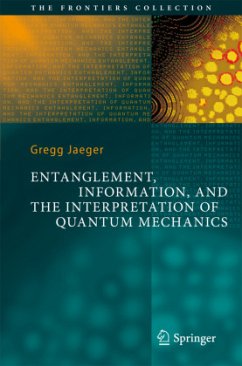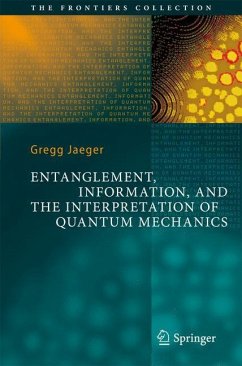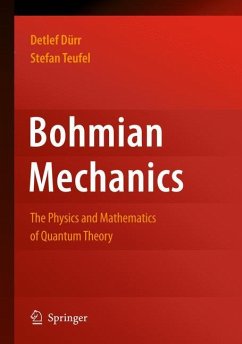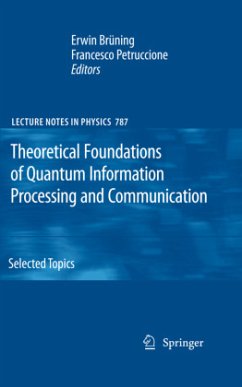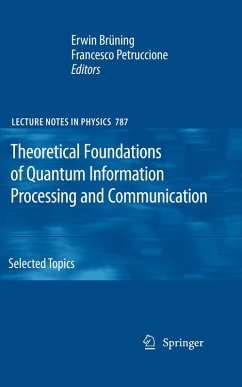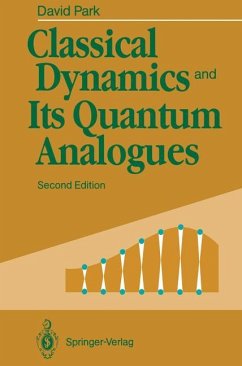
Decoherence
and the Quantum-To-Classical Transition
Versandkostenfrei!
Versandfertig in 6-10 Tagen
76,99 €
inkl. MwSt.
Weitere Ausgaben:

PAYBACK Punkte
38 °P sammeln!
Over the course of the past decade, decoherence has become a ubiquitous scienti?c term popular in all kinds of research, from fundamental theories of quantum physics to applications in nanoengineering. Decoherence has been hailed as the solution to long-standing foundational problems dating back to the beginnings of quantum mechanics. It has been cursed as the key obstacle to next-generation technologies, such as quantum computers (another se- ingly omnipresent ?eld of research). And while decoherence has been directly observed in various experiments, its scope and meaning have often been m- u...
Over the course of the past decade, decoherence has become a ubiquitous scienti?c term popular in all kinds of research, from fundamental theories of quantum physics to applications in nanoengineering. Decoherence has been hailed as the solution to long-standing foundational problems dating back to the beginnings of quantum mechanics. It has been cursed as the key obstacle to next-generation technologies, such as quantum computers (another se- ingly omnipresent ?eld of research). And while decoherence has been directly observed in various experiments, its scope and meaning have often been m- understood and misrepresented. Decoherence makes a fantastic subject of research, as it touches upon many di?erent facets of physics, from phi- sophically inclined questions of interpretation all the way to down-to-earth problems in experimental settings and engineering applications. This book will introduce the reader, in an accessible and self-contained manner, to these various fascinating aspects of decoherence. It will focus in particularontherelationofdecoherencetotheso-calledquantum-to-classical transition, i. e. , the question of how decoherence may explain the emergence of the classical appearance of the macroscopic world around us from the underlying quantum substrate. Thescopeofthisbookisrelativelybroadinordertofamiliarizethereader withthemanyfacetsofdecoherence,inboththetheoreticalandexperimental domains. Throughout the book, I have sought to maintain a healthy balance betweentheconceptualideasassociatedwiththedecoherenceprogramonthe one hand and the formal and mathematical details on the other hand. This book will establish a proper understanding of decoherence as a pure quantum phenomenon and will emphasize the importance of the correct interpretation of theconsequences and achievements of decoherence.





